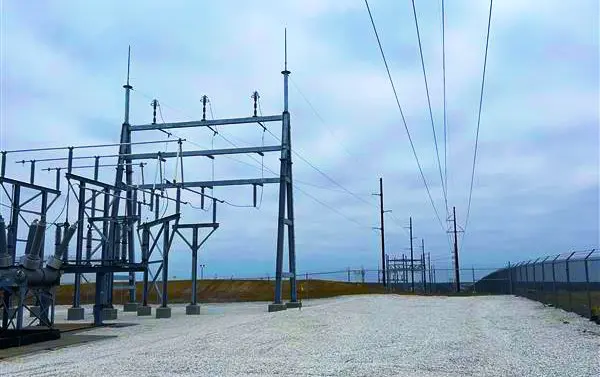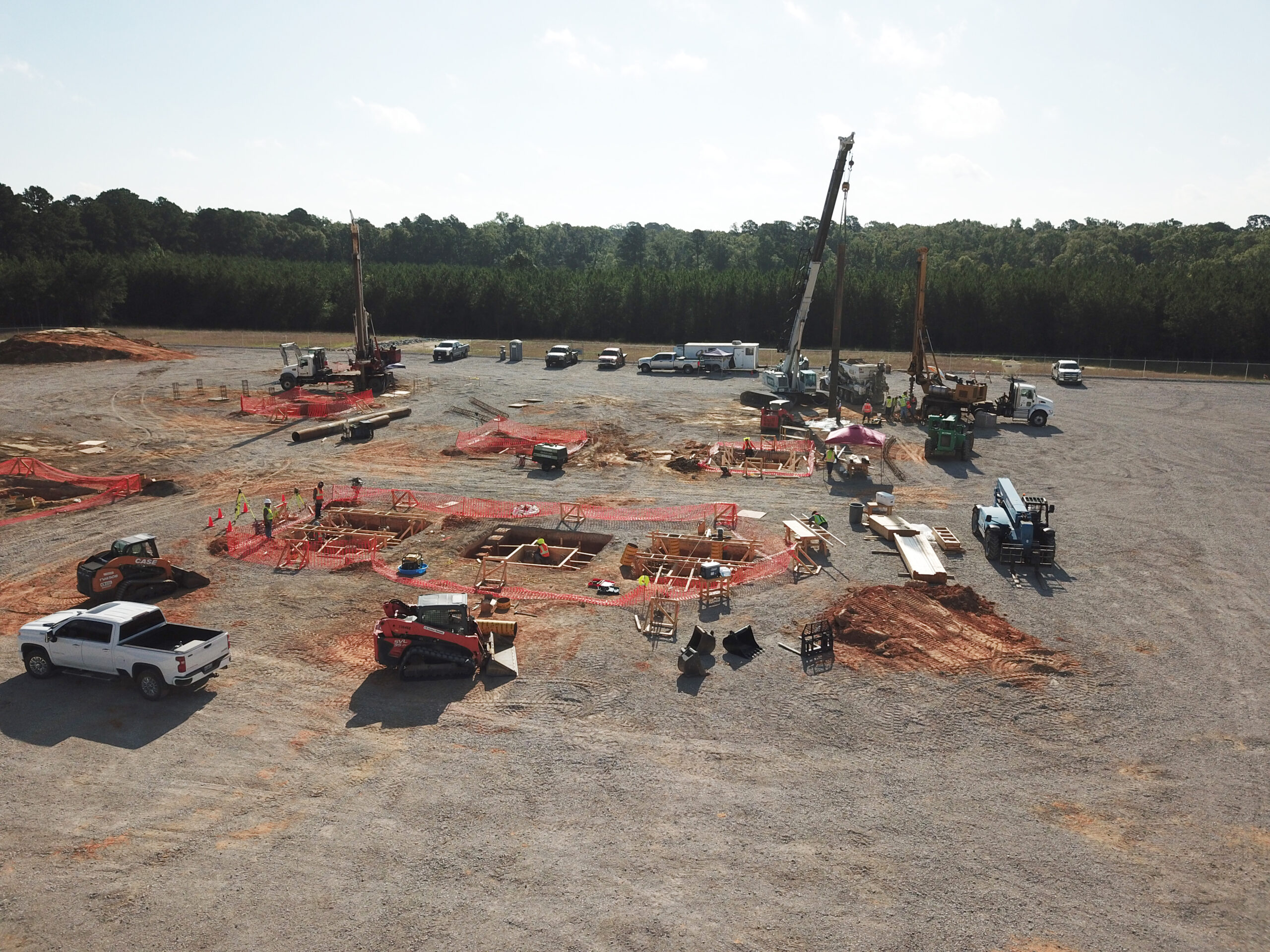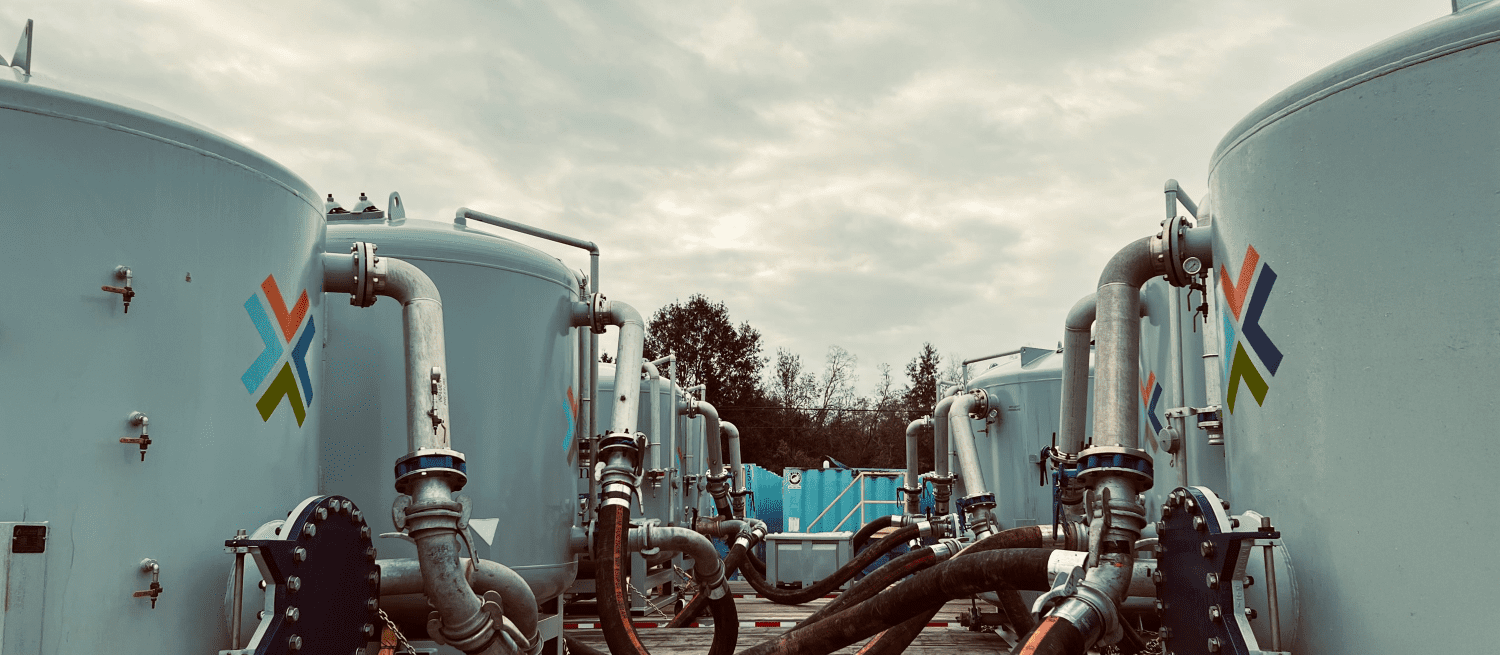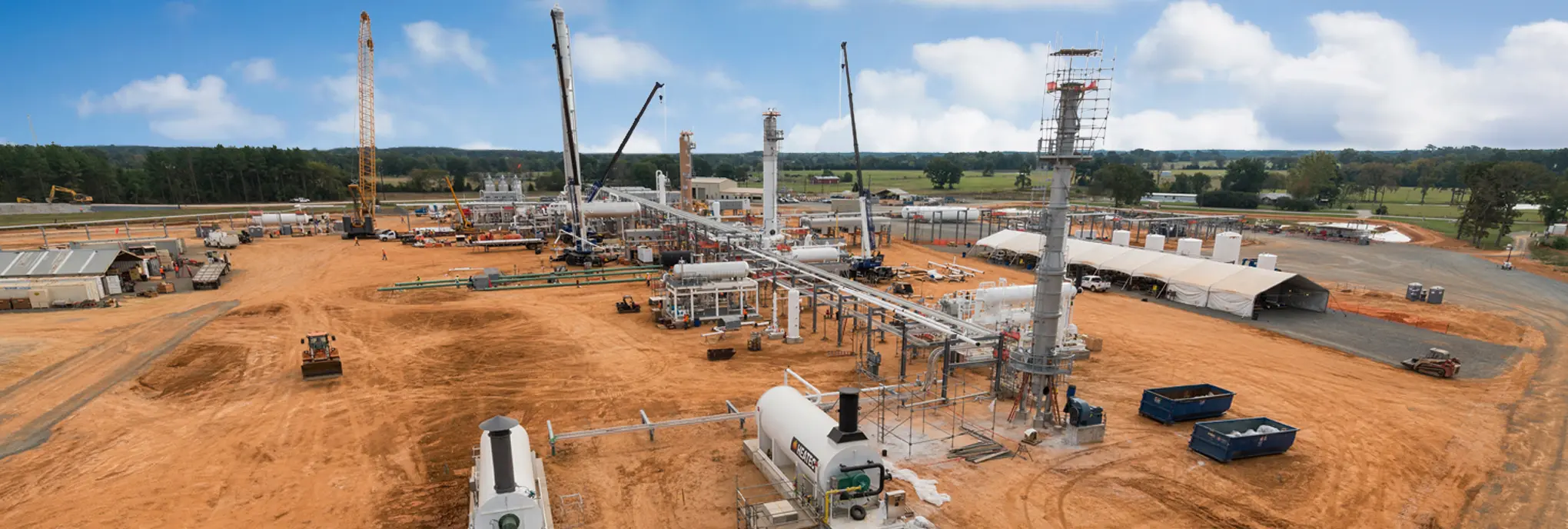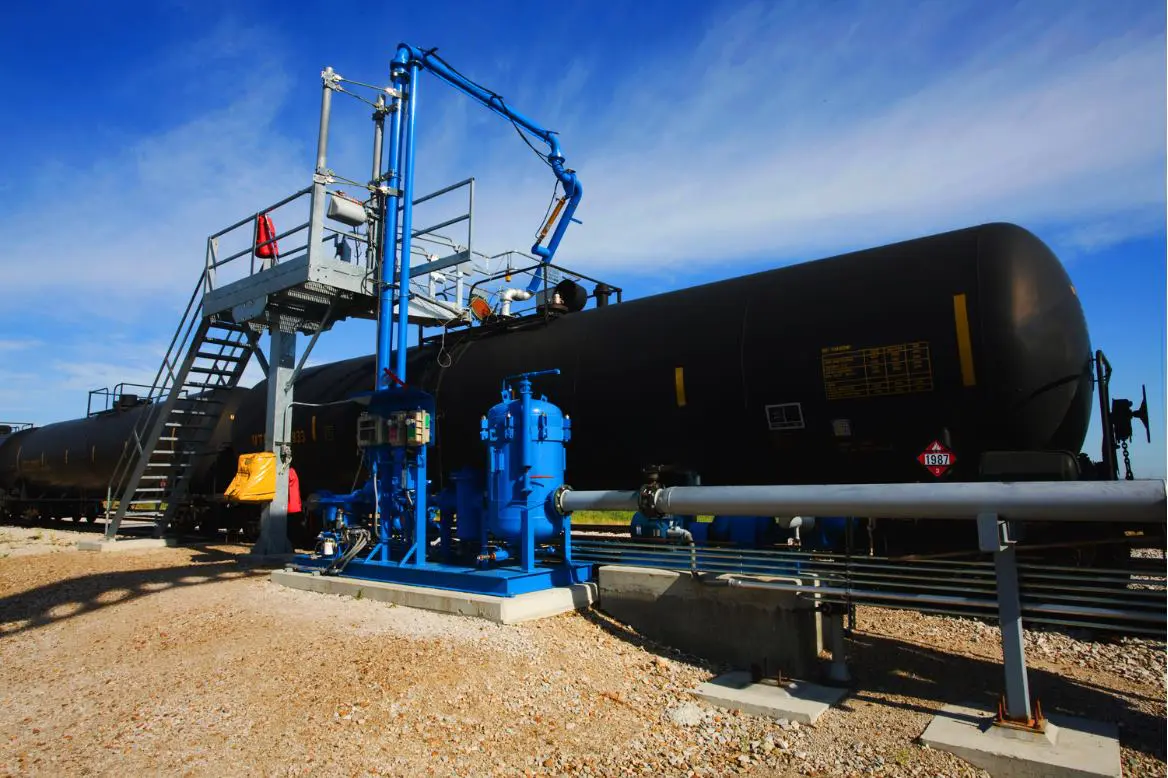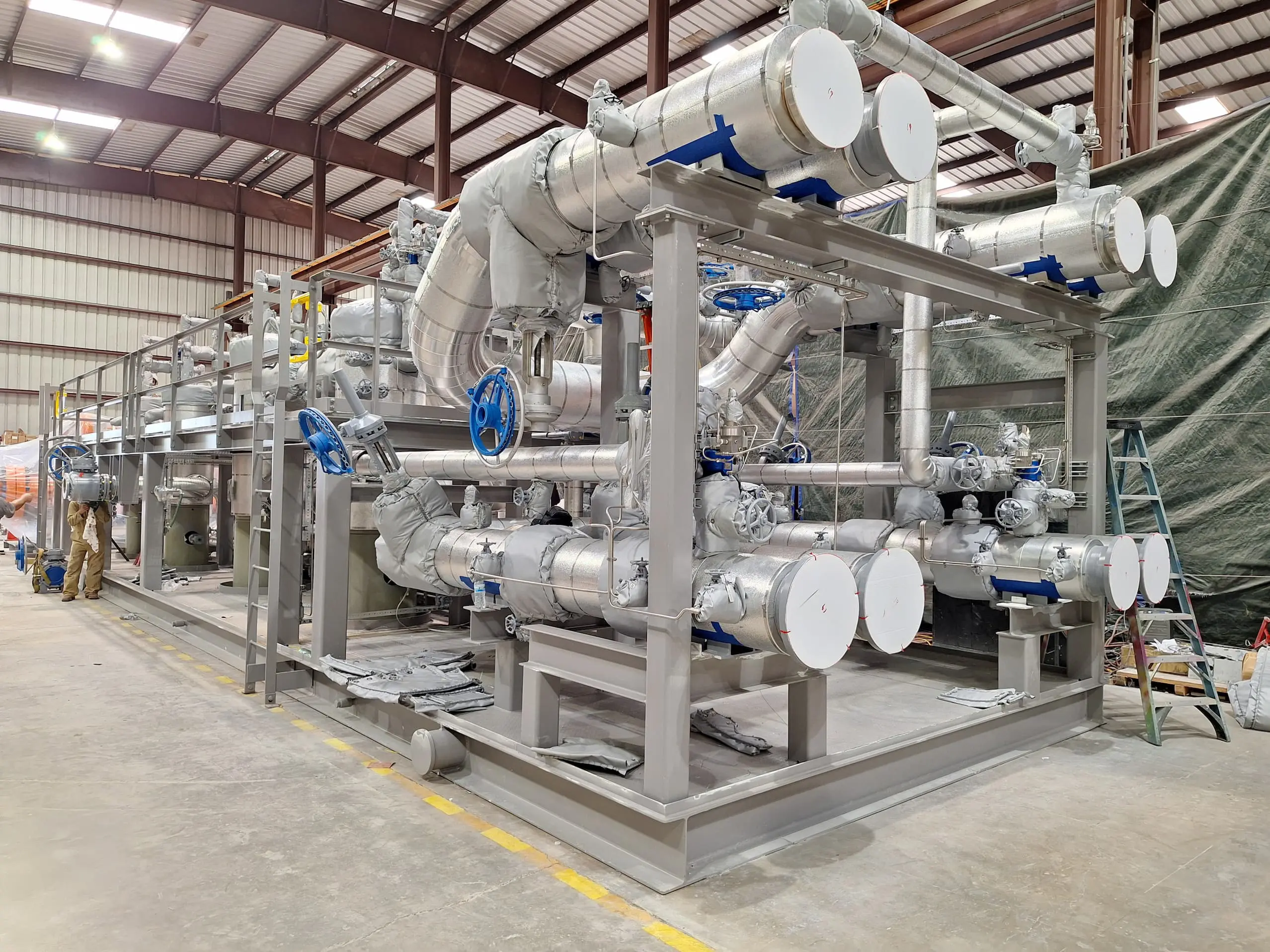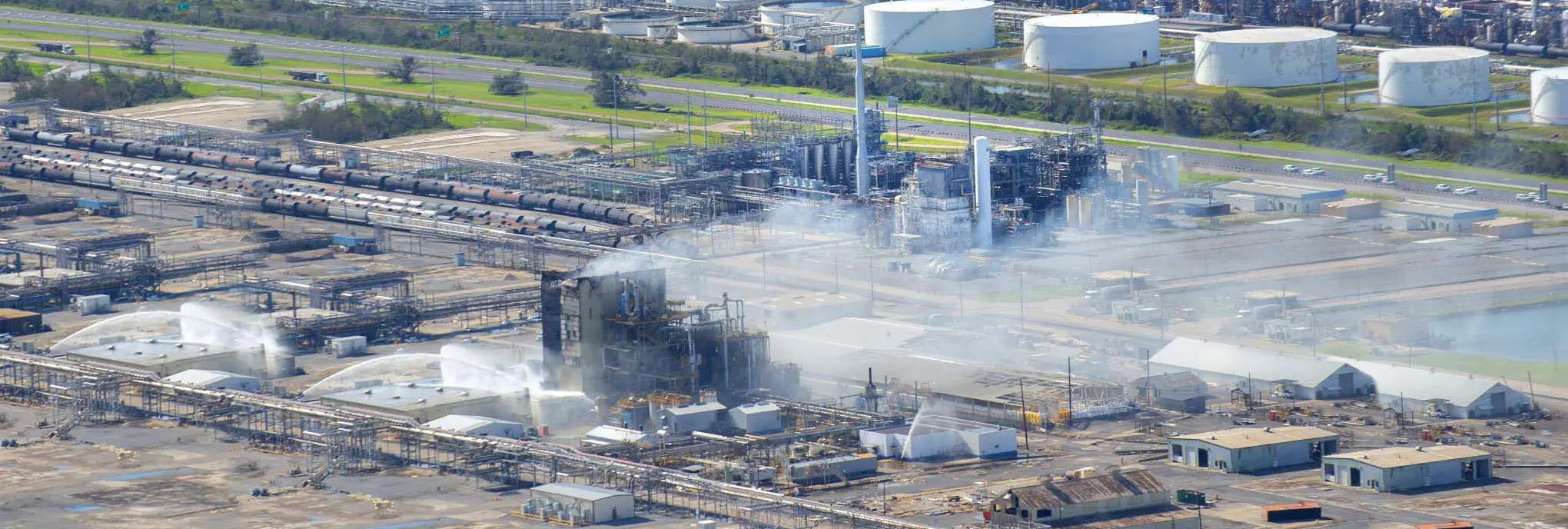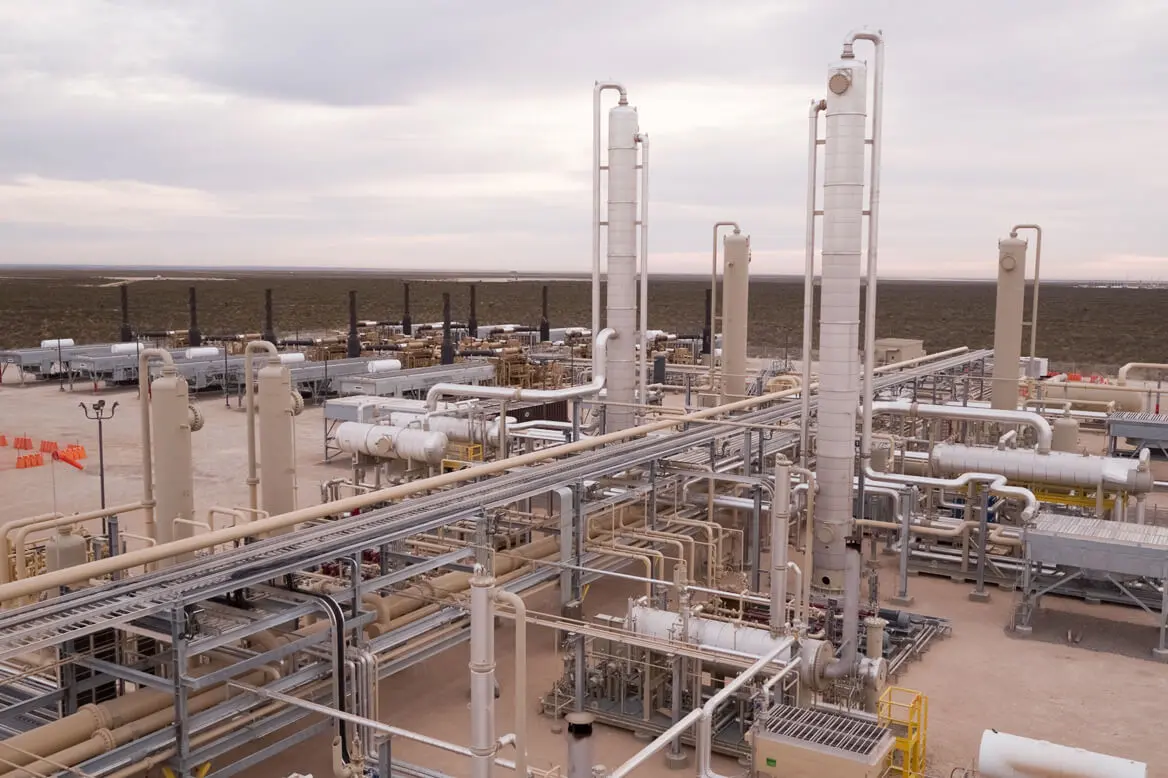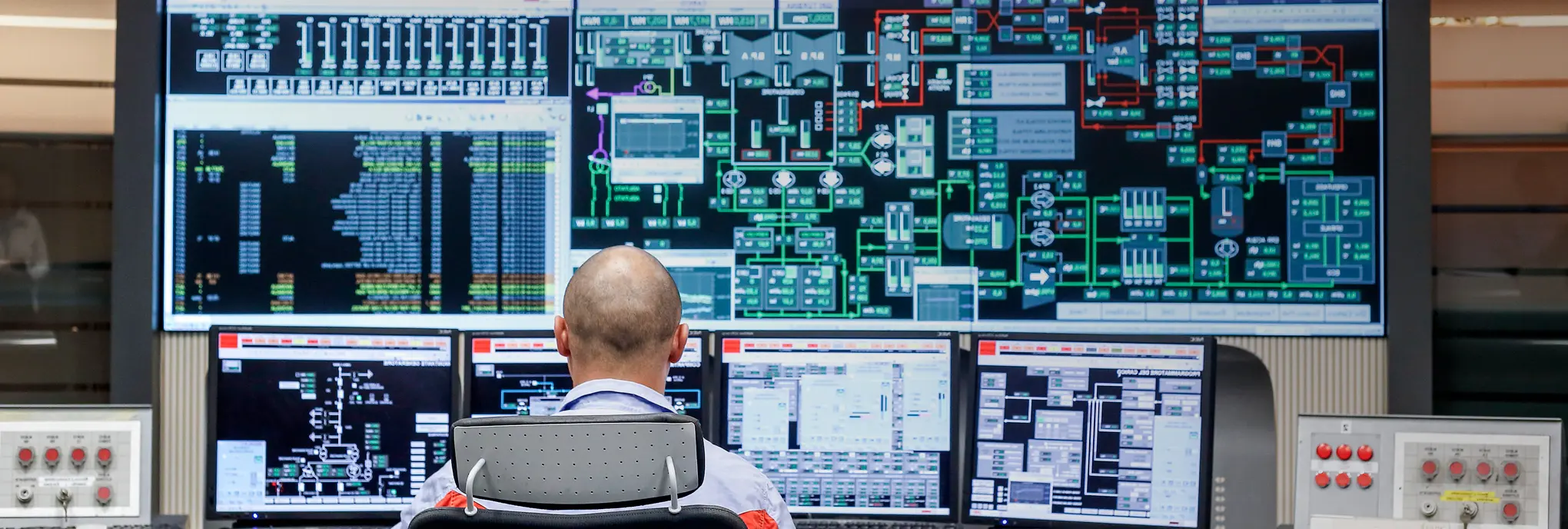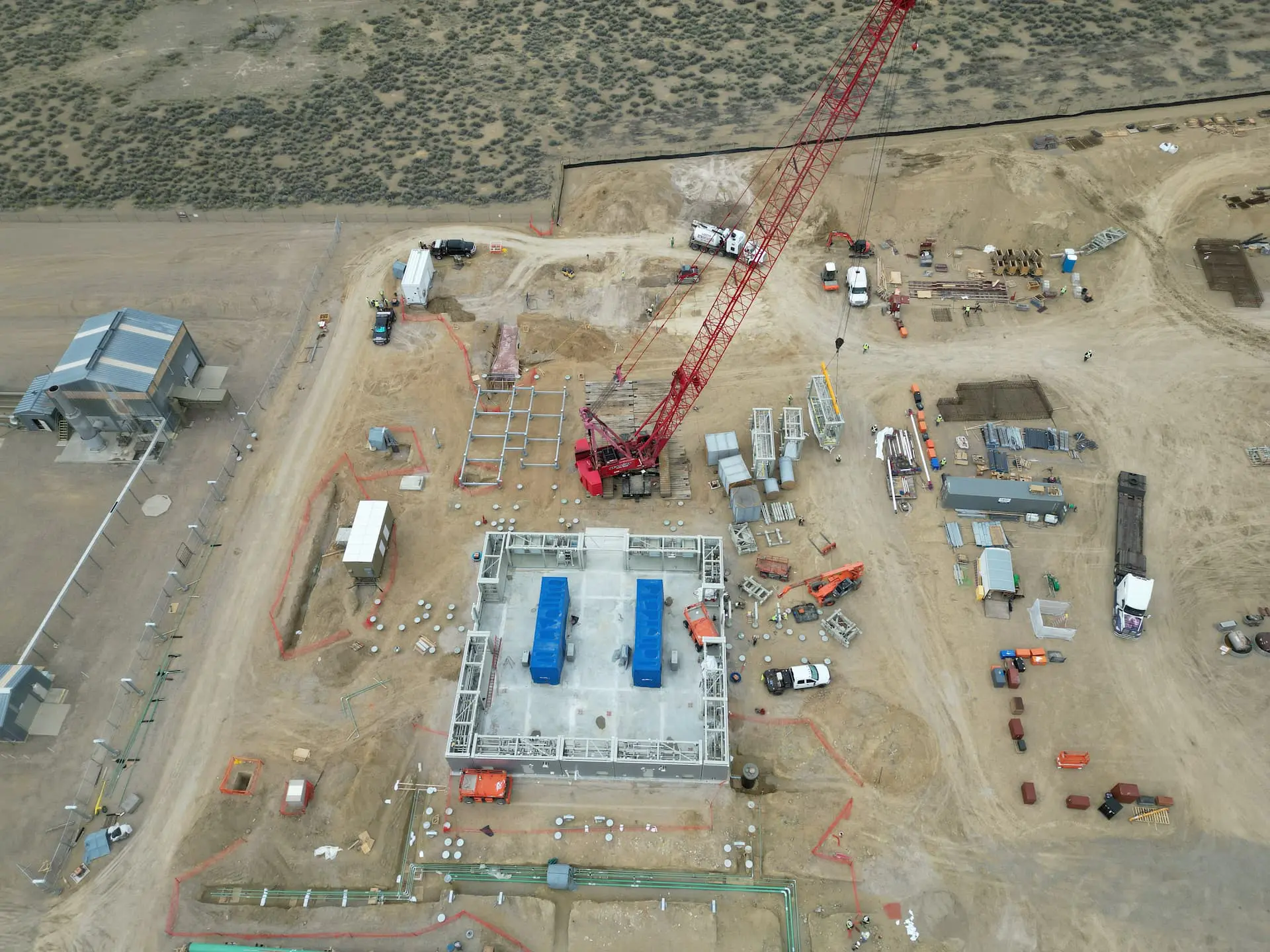In recent years, securing skilled labor in the oil and gas industry has become increasingly difficult.
Though over the past 18 months, this has been less of an issue in the upstream sector, as companies have slashed both spending and jobs in an effort to maintain profitability in the current downturn, the petrochemical and refining segment has moved to a slightly different beat. In-plant staffing has proved to be an effective strategy for helping operators meet the demand for skilled professionals – and with activity throughout the downstream segment expected to remain strong, the role it will play in allowing operators to keep pace with aggressive project schedules could be critical.
Benefits of In-Plant Staffing include:
Access to Specialized Skills – Because they have to be able to identify problems with a wide range of equipment, systems, and instrumentation, dedicated plant personnel often have to play a generalist-type role when it comes to operating and maintaining a refinery. This can pose problems in situations that require a highly specific skillset, such is the case when trying to optimize an individual piece of equipment. In-plant staffing service firms can help operators avoid having to unnecessarily hire a full-time specialist to solve these types of problems by providing quick, easy, and reliable access to experts in a variety of fields, including automation, software development, project management, electrical, mechanical, and chemical engineering, and process control.
Increased Flexibility – Having the ability to ramp up or down depending on specific facility requirements is critical in the petrochemical and refining sector. In-plant staffing gives refiners the ability to quickly and easily supplement their existing workforce during times of high-demand. This is common when executing facility turnarounds (i.e., planned shutdowns) or when aggressive schedule deadlines are difficult to meet. Increased flexibility also allows refiners to respond more rapidly to constantly changing market conditions.
Fewer Administrative Responsibilities – Between recruiting, interviewing, pre-deployment, salary negotiations, and onboarding, hiring a full-time employee can be an intensive process. In-plant staffing firms handle these matters, allowing operators to minimize the time and resources they need to spend on administrative tasks. These benefits also extend into the field, as the staffing firm takes on the responsibility of managing payroll, benefits, training, unemployment, and termination.
Reduced Costs – Electing to outsource staff can reduce overall project costs in a number of different ways. First and foremost, it allows operators to streamline their workforce by eliminating the need to pay employees year-round when their skills are only needed in certain circumstances. Minimizing the number of full-time employees also results in lower overhead costs associated with taxes and payroll. Training costs are eliminated as well, as they fall under the responsibility of the augmenting agency.
More Opportunity for Process Improvements – With access to industry-leading experts and specialists, operators can gain valuable insight into how to optimize various areas of their facility. This can sometimes be difficult to achieve when relying solely on existing staff, as the scope of their knowledge may be unable to cover every single piece of equipment involved with the operation. Engaging with outside consultants also allows managers to obtain objective feedback regarding the operation of their facility, which helps to ensure that every area that can be improved and/or optimized is quickly identified and addressed.
Fewer Onsite Personnel – Through significant advances in automation and process control over the past few years, it is now possible for operators to monitor and control virtually every aspect of a facility from the seat of a control room. While onsite personnel will always be required in the event that a problem needs manual intervention, operators can benefit by allowing outside consultants to serve as an extra set of eyes when circumstances call for it. Though in many instances, this will not be feasible, it can offer significant opportunity to reduce overall manpower costs and improve facility operation when modifying a process, adding a new piece of equipment, or troubleshooting a system.
SHAWN SENF
Vice President – Refining and Petrochemical
Shawn Senf has over 20 years of experience in engineering, construction, and procurement for petrochemical and refining facilities. In his current position, Shawn is responsible for petrochemical and refining strategic initiatives, along with the company’s fiscal performance, quality assurance, and operational execution. He earned a Bachelor of Science in Mechanical Engineering from the University of Houston.



